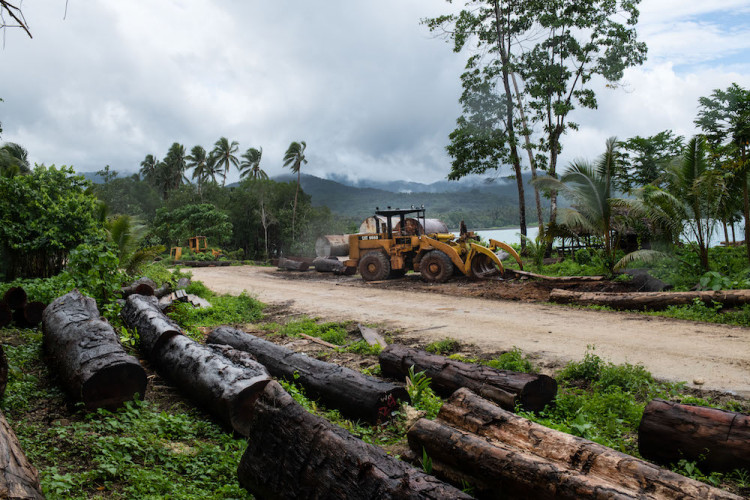In the hours following the announcement by the United States that it would dispatch authorities to the South Pacific nation in order to ascertain whether Beijing was establishing a military presence there, China announced that it had signed a comprehensive security agreement with the Solomon Islands.
A section in a disclosed draft version of the deal caused concerns because it permitted Chinese security and navy operations in the Solomon Islands, a country with a population of 700,000 individuals that have experienced political and social instability in recent months.
Wang Wenbin, a spokesperson for the Chinese Foreign Department, said yesterday that the delegations of China and the Solomon Islands had just finalized a general agreement on security collaboration, but he did not elaborate on the final document of the deal.
Though Prime Minister Manasseh Sogavare has frequently stated that he does not plan to authorize China to establish a military post in the Solomon Islands, as per the leaked document, armed Chinese police might be sent at the country's demand in order to preserve social order in the country.
On Monday, U.S. State Department spokesperson Ned Price said, "The wide nature of the signed agreement left open the door for the dispatch of People's Republic of China armed units to the Solomon Islands."
He went on to say that the signing of the deal may increase destabilization inside the Solomon Islands and set a troubling precedent for the larger Pacific Island region.
Officials expect to consider reopening the U.S. embassy in Honiara during their visit. The White House did not immediately reply to Tuesday's announcement of the agreement's signing.
The scheduled trip to the United States comes after Australia's Deputy for International Development and the Pacific, Zed Seselja, visited Honiara earlier this month to personally encourage the prime minister not to accept the contract.
The recent statement comes as the U.S. and its neighboring allies have tried to confront what they see as China's growing assertiveness in the Pacific, particularly in its geopolitical claims over parts of the South China Sea and activities toward Taiwan.
China's Wang, responding yesterday, accused Western nations of deliberately raising concerns over the agreement. He described China-Solomon Islands security cooperation as regular interchange and cooperation involving two independent and sovereign countries.
After cutting connections with Taiwan, China views the self-governing island as a renegade province, the Solomon Islands only acknowledged Beijing in 2019.





